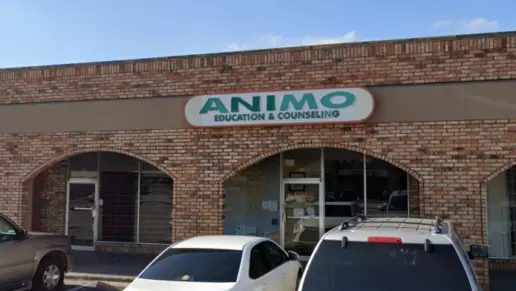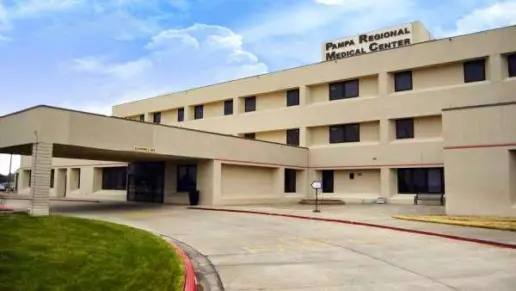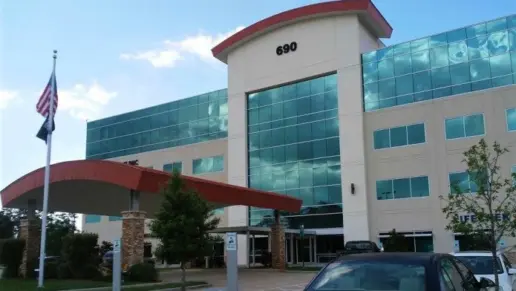About Wichita Falls Faith Mission | Faith Mission
Wichita Falls Faith Mission is a faith based organization that provides programs and services to help those experiencing homelessness move toward self sufficiency in Wichita Falls, Texas. They have a men’s homeless shelter and a residential substance use treatment program. They also connect clients to a variety of social services Their New Beginnings residential program provides faith based substance use disorder treatment. You’ll benefit from a space to strengthen your relationship with God and reach recovery. One of the best parts is their program is free for all participants. They base their admission requirements on bed availability and staff review as well as a screening process and your desire to reach sobriety. You must be willing to dedicate 13 months to completing care for admission eligibility.
With a core mission of starting your life over with God their programs focus on religious and proven interventions to help you sustain recovery. You’ll participate in counseling and bible study along with addiction recovery classes and work therapy. There is also life coaching and anger management classes. Each session focuses on essential topics like codependency, recovery methods, family relationships, self care, accountability, and more. These approaches can help you discover God’s divine purpose for your life while building healthy coping skills.
What stands out most to me is their program length. Addiction experts recommend remaining in treatment for at least 90 days for the most positive outcomes. Still, everyone moves at their own pace. Their program gives you over a year to continue learning, growing, healing, and fostering a solid relationship with a higher power. I love this approach because you truly have time to reflect on your situation and grow spiritually while practicing new coping methods and gaining structure.
Another feature that caught my eye is their emphasis on work therapy. They incorporate different requirements into treatment to improve your skills and work ethic as well as interpersonal relationships. You can work in maintenance and food service as well as laundry and housekeeping. There’s also landscaping and work at their thrift store and more. These duties can help you learn the significance of responsibilities and showing up for yourself every day.
Latest Reviews
Rehab Score
Gallery

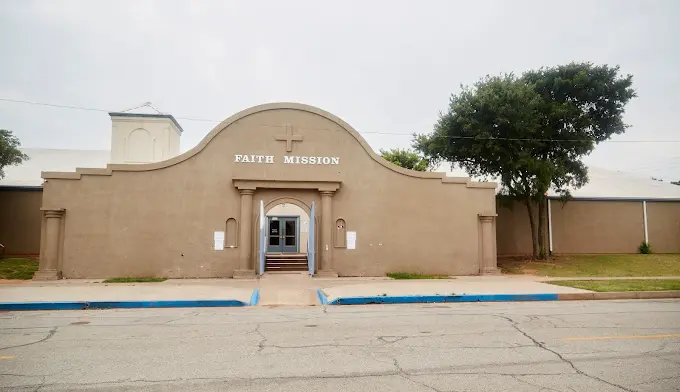
Location
Other Forms of Payment
Addiction Treatments
Levels of Care
Treatments
The goal of treatment for alcoholism is abstinence. Those with poor social support, poor motivation, or psychiatric disorders tend to relapse within a few years of treatment. For these people, success is measured by longer periods of abstinence, reduced use of alcohol, better health, and improved social functioning. Recovery and Maintenance are usually based on 12 step programs and AA meetings.
During rehab in Texas, you'll deal with underlying issues that contribute to addiction. By addressing these challenges and learning healthy ways to cope with them, you'll develop strategies that help you live a drug-free lifestyle.
A combined mental health and substance abuse rehab has the staff and resources available to handle individuals with both mental health and substance abuse issues. It can be challenging to determine where a specific symptom stems from (a mental health issue or an issue related to substance abuse), so mental health and substance abuse professionals are helpful in detangling symptoms and keeping treatment on track.
Opioid rehabs specialize in supporting those recovering from opioid addiction. They treat those suffering from addiction to illegal opioids like heroin, as well as prescription drugs like oxycodone. These centers typically combine both physical as well as mental and emotional support to help stop addiction. Physical support often includes medical detox and subsequent medical support (including medication), and mental support includes in-depth therapy to address the underlying causes of addiction.
Programs

Clinical Services
Group therapy is any therapeutic work that happens in a group (not one-on-one). There are a number of different group therapy modalities, including support groups, experiential therapy, psycho-education, and more. Group therapy involves treatment as well as processing interaction between group members.
In individual therapy, a patient meets one-on-one with a trained psychologist or counselor. Therapy is a pivotal part of effective substance abuse treatment, as it often covers root causes of addiction, including challenges faced by the patient in their social, family, and work/school life.
Life skills trainings involve all the skills a person must have in order to function successfully in the world. These include time management, career guidance, money management, and effective communication. Truly successful addiction recovery is based on the ability to not only live substance-free, but to thrive. Life skills teaches the practical necessities of functioning in society, which sets clients up for success in life, and therefore sobriety.
Amenities
-
Residential Setting
-
Private Setting
Staff

CEO

Chief Development Officer

CFO
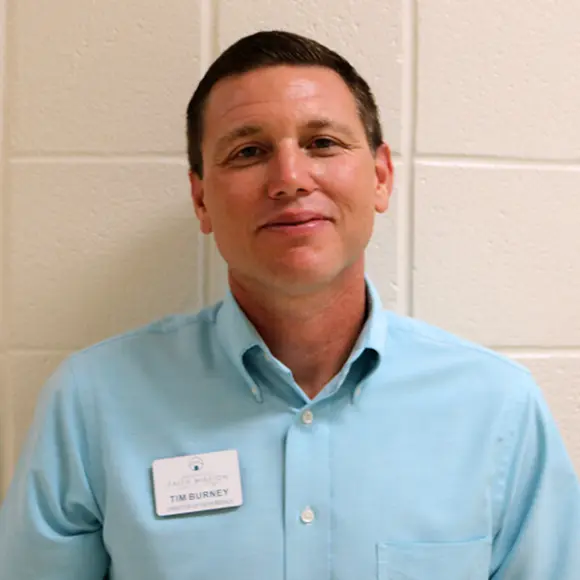
Director of Operations
Contact Information
1300 Travis Street
Wichita Falls, TX 76301
